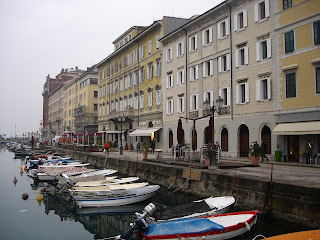Although I already read about the controversial Ilisu Dam irrigation project before I actually visited Hasankeyf, once I had seen this place with my own eyes, however, it made quite an impact on me that I felt compelled to write something about this place, whose very existence has come under threat due to the construction of the dam project.
Hasankeyf, a Kurdish village in the predominantly Kurdish province of Batman in Southeastern Turkey, is a unique place, even for a country like Turkey, where ancient sites and towns with centuries of history are commonplace all over the country. One of the oldest continuously inhabited settlements in the world, this small village, situated above the limestone cliffs overlooking the canyon of the River Tigris, is like a living open-air museum, with a history dating back almost 10,000 years, spanning some 20 different cultures. Relics of several major ancient and medieval civilizations can be found in and around Hasakeyf - Romans, Byzantines, Artukids (Artuklu in Turkish), Ayyubids, Ottomans - all left their marks on this medieval village.




